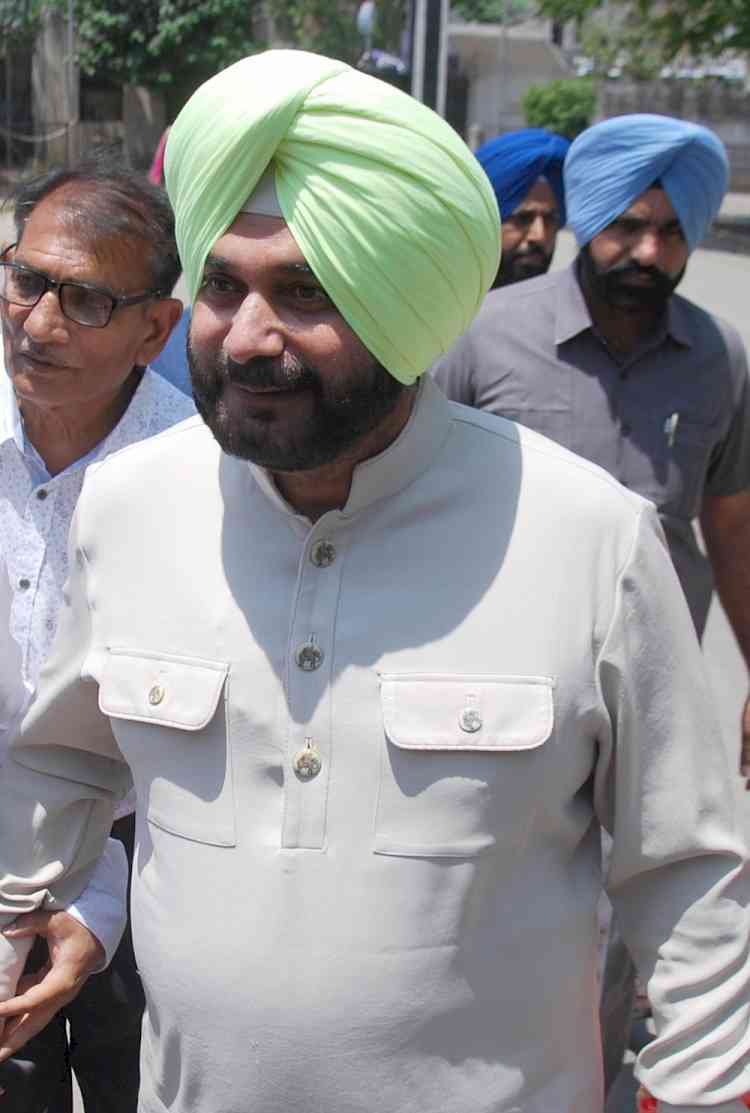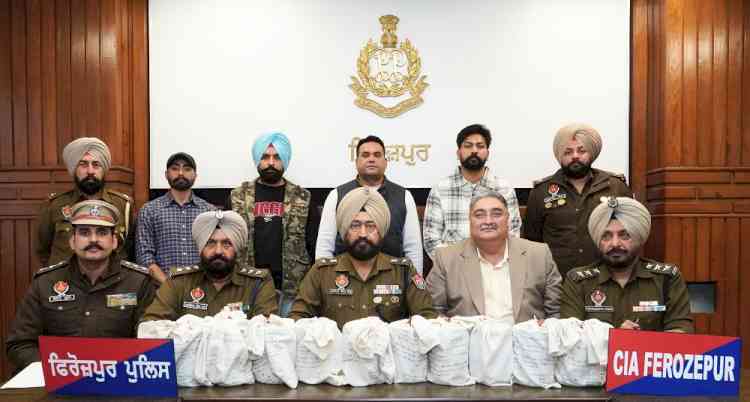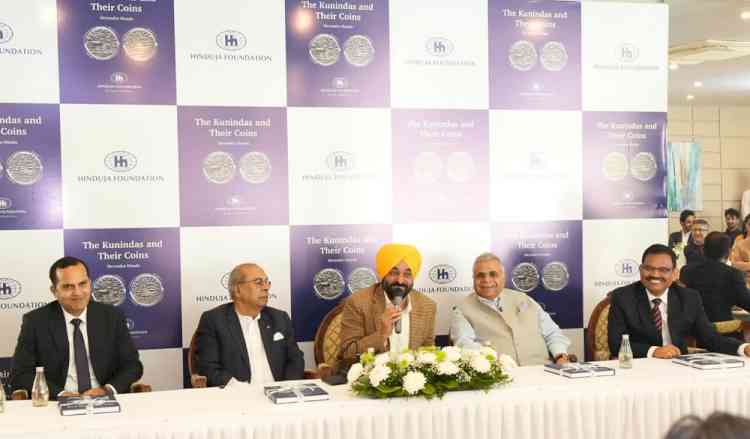SC reserves verdict on plea for enhancing Sidhu's sentence in 1988 road rage case
The Supreme Court on Friday reserved its verdict on a review petition seeking a direction to enhance the sentence of Congress' former Punjab unit chief Navjot Singh Sidhu in the 1988 road rage case, where he was let off with a mere Rs 1,000 fine.

New Delhi, March 25 (IANS) The Supreme Court on Friday reserved its verdict on a review petition seeking a direction to enhance the sentence of Congress' former Punjab unit chief Navjot Singh Sidhu in the 1988 road rage case, where he was let off with a mere Rs 1,000 fine.
Senior advocate A.M. Singhvi, representing Sidhu, submitted before a bench headed by Justice A.M. Khanwilkar that sentence was a discretion of court and no interference, could be done, except in cases of death penalty, given in rarest of the rare cases, and in the present case, there is no need to have a relook at the 2018 judgment.
"Appeal on adequacy of sentence should not be entertained. The state is not in appeal against the sentence and the victim cannot challenge the adequacy," he submitted.
He further added that there has been no allegation of lack of cooperation on the part of his client.
The bench, also comprising Justice Sanjay Kishan Kaul, noted that the issue before it is only whether despite the court having issued limited notice on point of sentence, the provision under which sentence has been imposed needs to be looked at.
"Whether the sentence which was restricted to fine needs to be enhanced with the actual sentence also?" it said.
Pointing to the 34-year-old incident, Singhvi said it is an extraordinary case which does not merit consideration.
The bench reserved the judgment after hearing detailed arguments in the matter. The plea was filed by the kin of the deceased, Gurnam Singh seeking a relook on the 2018 judgment.
Senior advocate Sidharth Luthra, representing the victim's family, submitted the death due to cardiac arrest is not correct, and a blow was delivered on the victim. Singhvi vehemently argued that it is extremely doubtful that an injury, caused by a fist blow, could have led to the death.
Luthra argued that the 2018 judgment failed to consider the previous decision in the case of Richhpal Singh Meena vs Ghasi (2014). He added that, in this case, the top court was of the view that when there is death of a human being, it may either be culpable homicide (amounting or not amounting to murder) or not culpable homicide.
He said offences affecting life are distinct from the offence of hurt, and added if hurt results in death, the offence would fall within the category of an offence affecting life.
The top courtAwas hearing a review petition against its 2018 verdict which reduced the sentence of Sidhu to a Rs 1,000 fine from 3-year imprisonment in a road rage incident in which a person died.



 IANS
IANS 










